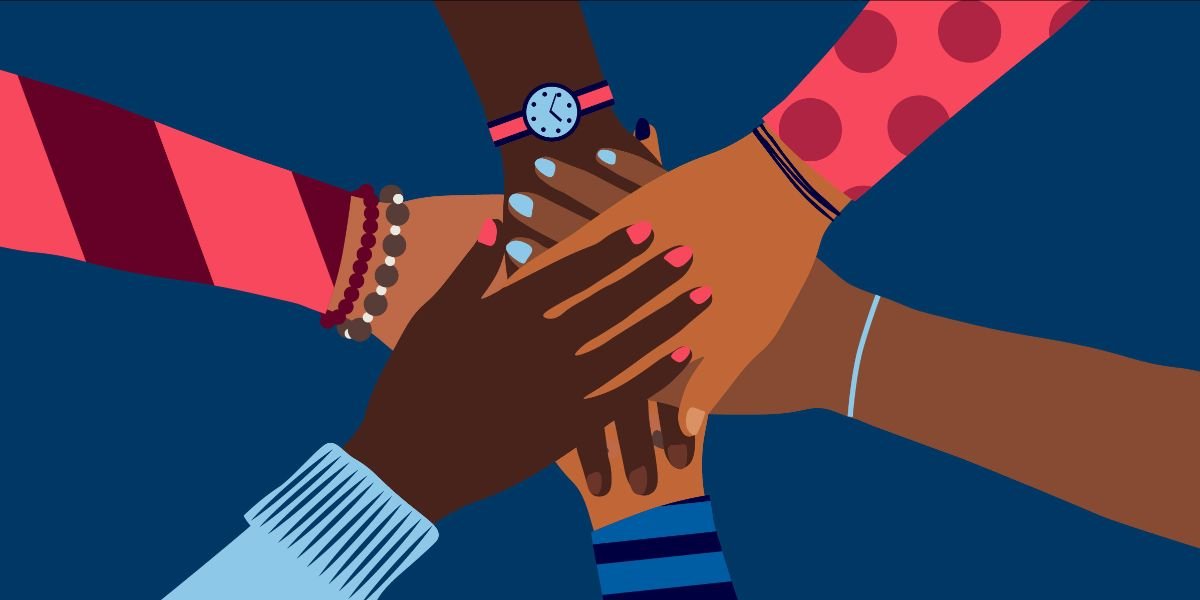We’re sad to announce that, after seven years of service, our Director of Social Services, Adam Seeley, will no longer be working with Emmaus House. Adam came to us having already built an impressive resume of social work with organizations like the Presbyterian Church (USA), the Central Outreach and Advocacy Center, and the Gateway Center—a homeless service center and transitional housing facility located in downtown Atlanta.
Adam has been instrumental in serving our community via the Lokey Help Center. We will miss him, but we’re grateful for all that he’s helped us achieve and wish him the best of luck going forward.
We caught up with him recently to ask about the past seven years at Emmaus House.
How did you become involved in social work?
I was raised in a household that strongly encouraged service to others. After college, I chose to do a year of service through the Presbyterian Church, USA's Young Adult Volunteer Program. I was selected to serve here in Atlanta at the Central Outreach and Advocacy Center and have been involved in this sort of work ever since.
What are some of the programs and/or initiatives you’ve helped with during your time at Emmaus House?
You get to work on a lot of different things at Emmaus House, but what stuck out the most to me was our development of a really great client-choice food pantry and our Thanksgiving at Home event.
Initially, our food service consisted of handing out about 12-15 bags of food one day a week to whomever showed up first. It just felt like it wasn’t the best way we could be doing this. After a lot of work trying to figure out how we could provide the best possible service to our clients, we set out to create a wonderful space to distribute food as well as a great team of staff and volunteers to make it all work.
Our Thanksgiving at Home event probably takes the most amount of work and collaboration with businesses, churches, and individuals from all over the Greater Atlanta area. Providing hundreds of families with all of the items to have a great Thanksgiving takes a lot of effort and a lot of faith in other people.
We begin preparing for this in September and every year feels like the first year. There are so many moving parts and just really high expectations in the community. It doesn't matter how organized and prepared we were, I was always a nervous wreck leading up to those final days before distribution.
How would you say your role at EH has differed from other service-based roles you have held?
I transitioned from working with entirely unhoused populations to a community-centered space. This entire area has a little bit of everything going on, so I had to be flexible for all of those things. The nice thing is that I really got a chance to get to know a lot of residents here and build relationships with them. You also felt this very real sense of how deeply rooted Emmaus House is in this community: how long it existed before you, and how long it will continue to go on without you. It's a bit overwhelming, but also very humbling to be a part of.
What is the single most important thing you’ve learned during your time at EH?
The most important lesson I have learned is to appreciate the moments and the time that you have with other people. It is a privilege to do this work every day. I am constantly reminded by our volunteers that people want to be here doing this work for no pay just to be of service to others.
Not taking your experiences for granted is so important. You meet so many wonderful people and you go through so much together. This whole community went through a pandemic together. We went through so much just to stay open and to be there for each other. I will never forget when things were just so hard every day and how well everyone responded. What a special thing.
Is there anything you’d like to say to the EH community?
Thank you for letting me be part of your community and for allowing me to be a small part of the long legacy of Emmaus House. Thank you for putting your trust in me and allowing me to be a part of your own journey. I had a great time being here and I will be forever grateful for your friendship.
We have accomplished a lot and have gotten each other through some difficult times. I am glad to know that you will continue to work with great servant leaders who will bring in new ideas and do great things. I look forward to seeing you grow and continue to provide care and service to people in need.










